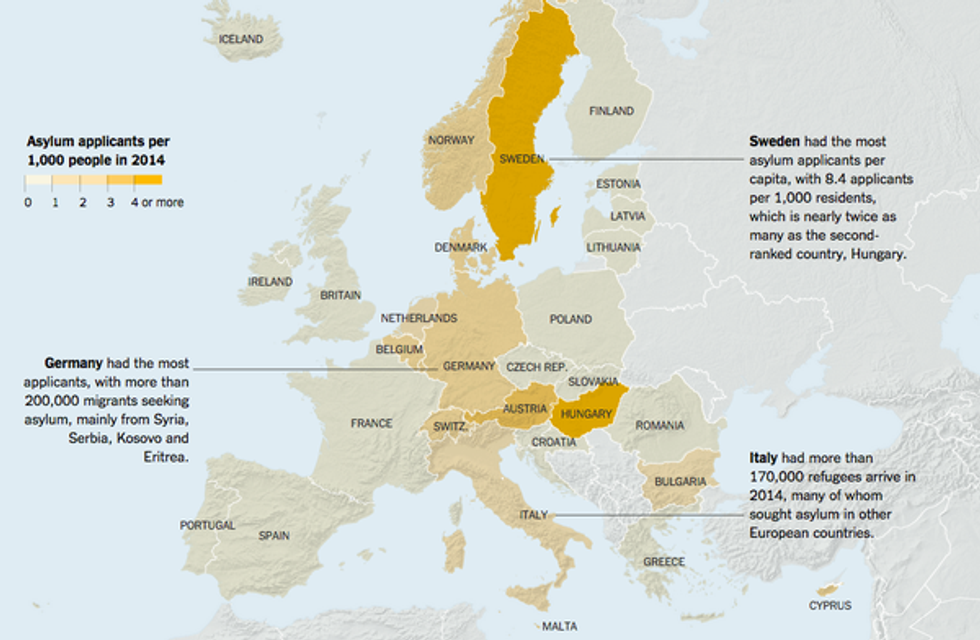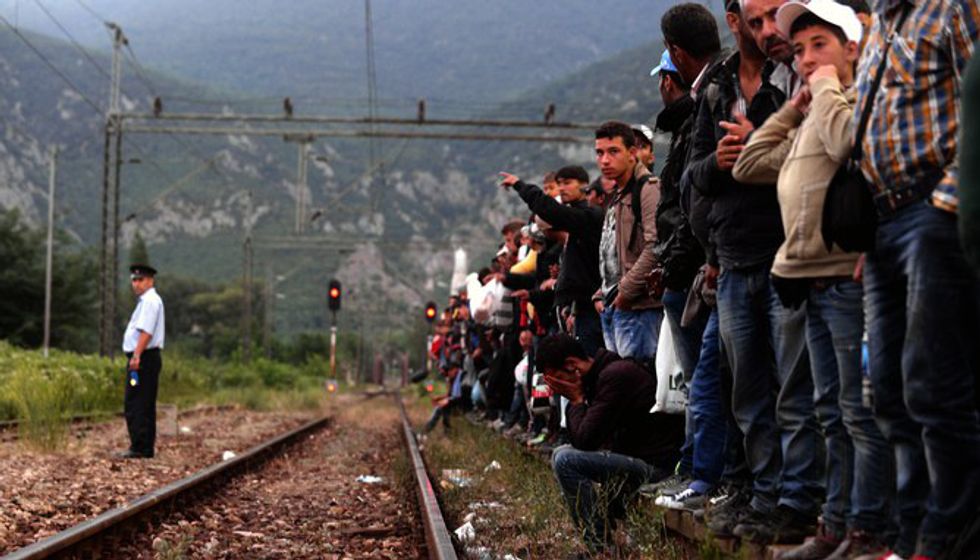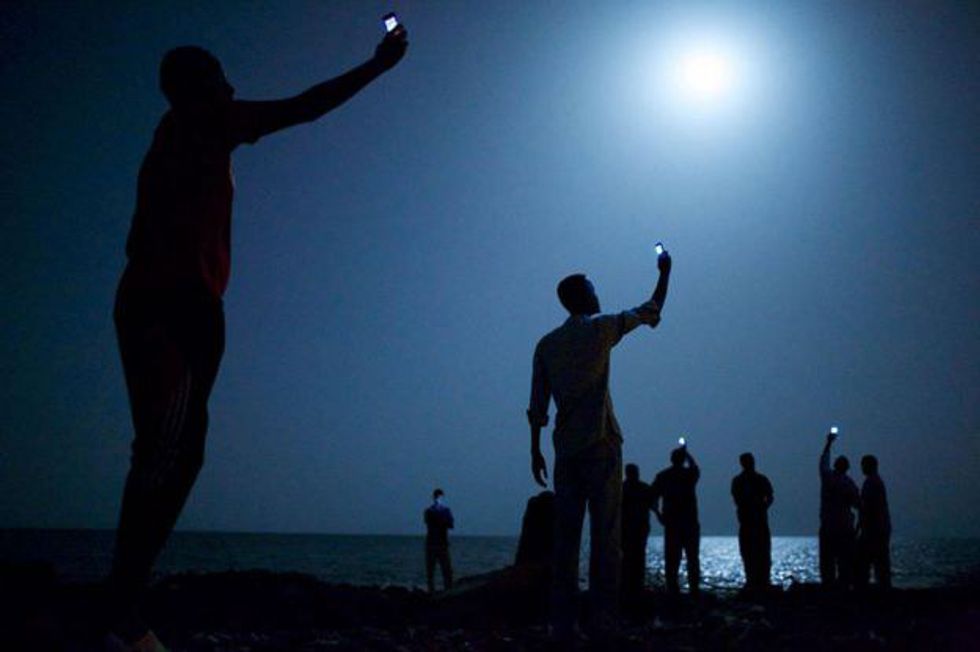As I flipped through this week’s edition of the New York Times, I carefully scanned the stories, editorials, facts and figures. Among the popular stories surrounding China’s economic crisis or Donald Trump’s presidential campaign, one story that is gradually gaining more widespread recognition is that of Europe’s "migrant crisis."
Although headlines covering the story have been using the word, "migrant," this is incorrect. It's important to recognize that those seeking safety in Europe are refugees, not migrants. While migration refers to the relocation of an individual or group, international law defines a refugee as someone who identifies with these three characteristics:
- they are outside their country of origin or outside the country of their former habitual residence;
- they are unable or unwilling to avail themselves of the protection of that country owing to a well-founded fear of being persecuted; and
- the persecution feared is based on at least one of five grounds: race, religion, nationality, membership of a particular social group, or political opinion.
Recently, motivated by a strong sense of desperation, tens of thousands of refugees have begun flooding into Europe, more than the continent can support, states the New York Times..
While refugees derive from a number of different countries, the majority are from Syria. According to BBC, as many as four million people, nearly a fifth of Syria's population, has fled the country since the war began in 2011.
The surge of migration to Europe is a direct result of Syria’s civil war, which left hundreds of thousands homeless, afraid, and starving. With their homes destroyed and nowhere to go, thousands have sought refuge in Europe.
Seeing as the sheer number of individuals seeking asylum is so great, countries such as Germany, Austria, and England have been forced to shut their doors. They simply don’t have the resources to accommodate so many people. In fact, the number of migrants entering Europe has reached record levels, reaching 107,500 in July alone, according to BBC.
The number of people seeking refuge in Europe only increases every day, and this issue is greater than one which challenges and questions countries’ moral obligations; it also brings up a larger issue regarding international law.
“Everyone is entitled to exercise their fundamental human rights under international law,” states the UN, and refugees and asylum seekers are no exception.
One of their fundamental rights as a refugee, is that of non-refoulement. Non-refoulement refers to the obligation of States not to refoule, or return, a refugee to “the frontiers of territories where his life or freedom would be threatened on account of his race, religion, nationality, membership of a particular social group or political opinion.”
Furthermore, it is the responsibility of a state (country) to either accept a refugee, provide an alternative place to go, or send them back if their life or freedom would not be threatened on the accounts stated above.
In this case, however, refugees simply cannot be sent back.
The question then arises: where are these people supposed to go? They can’t return to their home countries, they have no money and no other options.
To make matters worse, within Europe, countries have been trying to restrict refugees from getting to or staying within their borders. The results are deadly. UNHCR estimates that as many as 2,500 people who have died this summer attempting to cross the Mediterranean to Europe.
So, despite the headlines, this is not solely Europe's crisis. It is an international crisis. Thousands are dying, and even more are being denied their rights to freedom of movement, liberty, and security.























